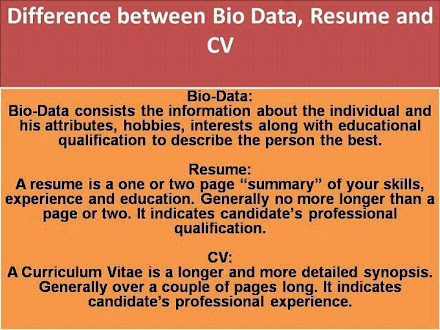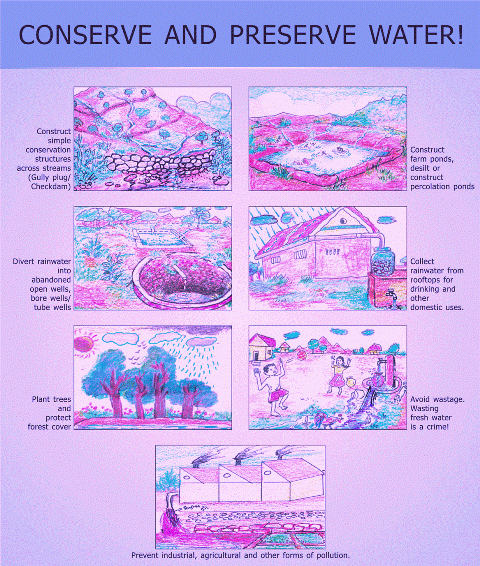Genetically engineered or genetically modified organisms (GMOs) are created by taking genes from organisms like bacteria or virus and inserting them into other, often unrelated, species like crops or animals. Since foods derived from GMOs are not natural, there are unpredictable health and environmental risks associated with these foods.
Bt brinjal, the first genetically modified food crop has been put on hold after serious objections were raised about the necessity and safety in the long run. Even though no GM food crop is commercially cultivated in India, more than 11 major food crops are undergoing field trials across the country, which threaten to contaminate our food chains, as do unchecked import of raw food grains.
Greenpeace believes that GMOs should not be released into the environment as there is not adequate scientific understanding of their impact on the environment and human health.
Watch the below given video:
To know more about GMOs, visit this site: http://greenpeace.in/safefood/faq/






